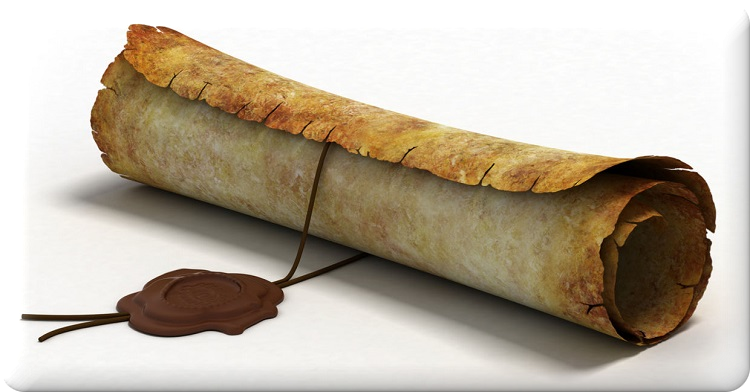Science Diplomacy


What is Science Diplomacy ?
What do scientists and diplomats have in common ?
At first glance, not much, you might say. In fact, the two fields share common goals like collaboration and partnership.
Science diplomacy eludes an agreed definition but is generally understood to include three definitions:
1) Diplomacy for science – the use of diplomatic action to facilitate international scientific collaboration (like R&D agreements and exchange programmes or enabling the establishment of international research infrastructures and more ...);
2) Science for diplomacy – the use of science as a soft power to advance diplomatic objectives, (for example building bridges between nations and creating good will on which diplomatic relations can be built);
3) Science in diplomacy – the direct support of diplomatic processes through science, (for example by providing scientific advice and evidence to inform and support decision-making in foreign and security policies).
Europe has a long tradition in science diplomacy, though it may not always have been labelled as such in the past.
Prominent examples of institutions established in Europe with both, a scientific and a science diplomacy motivation, include the following:
European Organization for Nuclear Research (CERN) established in 1954;
European Commission’s Joint Research Centre (JRC) established in 1957;
Abdus Salam International Centre for Theoretical Physics (ICTP) established in 1964;
InterNational Institute for Applied Systems Analysis (IIASA) established in 1972.
The concept of science diplomacy has emerged in the last 20 years. It is an umbrella term that encompasses political support for science in an international context, including the formal and informal exchanges that lead to cross-border research collaborations, science advice for international policymaking and public engagement activities.
The concept of science diplomacy has emerged in the last 20 years.
It is an umbrella term that encompasses political support for science in an international context, including the formal and informal exchanges that lead to cross-border research collaborations, science advice for international policymaking and public engagement activities.
Science is seen as a fundamental element in Government’s strategy on the global stage.
Science diplomacy is understood to be a tool and practice that strengthens relations between nations. The phrase is acknowledged to be a convenient and flexible umbrella term for a range of activities that occur when scientific research and international relations align to promote national interests and international alliances. It occurs through networks of scientists, diplomats and other stakeholders whose activities underpin and enable bilateral and multilateral scientific collaborations.
Science diplomacy as an international tool.
Science diplomacy is increasingly being articulated as a formal goal within national and intergovernmental strategies. For example:
The European Commission’s (EC) 2021 strategy for international co-operation in a changing world refers to science diplomacy as a tool to help the EU project soft power and pursue economic interests and values more effectively;
The promotion of science diplomacy has been incorporated into the most recent version (2021) of the OECD’s recommendation for international co-operation in science and technology;
Science diplomacy appeared in the Areas of Research Interest published in 2020 by the Foreign & Commonwealth Office (FCO) prior to its merger with the Department for International Aid;
In December 2020 the Foreign Office of the Federal Republic of Germany launched a strategy paper outlining a proposed shift from research and academic relations policy to science diplomacy to ‘anchor cooperation between the fields of foreign policy, science, citizen science and scientific communication with engaged citizens in sustained international processes’;
The Swiss and Geneva governments founded the Geneva Science and Diplomacy Anticipator (GESDA) in 2019 to develop solutions to future technological challenges.
However, since the outbreak of war in Ukraine, these aspirations are subject to changing circumstances, with some stakeholders suggesting that conducting collaborative cross-border research needs to be weighed up against security implications.
Ambitions for science diplomacy to sustain global scientific co-operation and effect change are reflected in the launch of a range of professional development and training programmes.
Some examples include:
a Global Science Diplomacy programme offered by the UN Environment Programme for students around the world to learn the use and value of science in environmental decision-making, and science communication skills;
a free online science diplomacy course developed by the EU S4D4C research project;
a Science and Technology Diplomacy summer school set up in Barcelona; and
the inclusion of a module on science diplomacy in training for new recruits to the Indian Foreign Service.
Download File:
>>> New Frontiers
>>> Global Reasearch
Read more ...
Science Diplomacy
Science Diplomacy
EU Science Diplomacy
EU Science Diplomacy
Madrid Declaration
Madrid Declaration
TWAS
TWAS